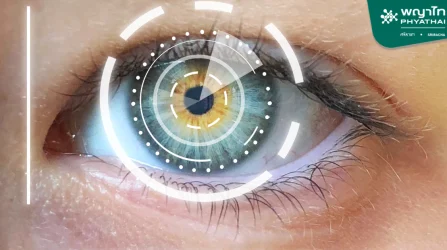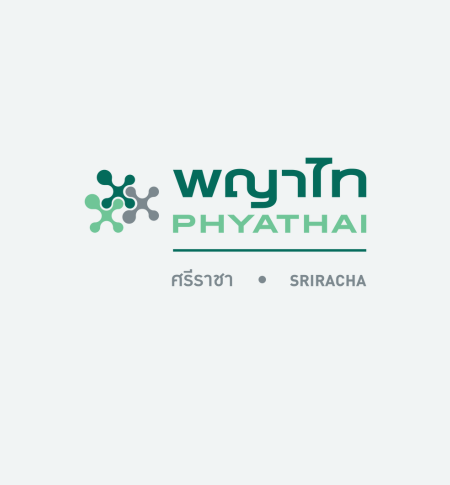For further information or Booking..
As we age, it’s common to experience fatigue and shortness of breath more easily—raising concerns about coronary artery disease and the potential for sudden cardiac arrest. Dr. Montree Charoenpanichsanti, a cardiologist at Phyathai Sriracha Hospital, emphasizes that heart screening is the most accurate method for assessing heart health. It also serves as the most effective way to prevent heart disease and lower the risk of sudden cardiac arrest.
Which screening method is right for you?
-
Electrocardiogram (ECG) during rest and Exercise Stress Test (EST): This test monitors changes in the heart’s electrical activity during rest and physical exertion on a treadmill. It is suitable for general screening in individuals with low to moderate risk but may not be accurate for elderly individuals, those with bone or joint issues, or those with heart-like symptoms or a higher risk level. (Accuracy: 50–70%)
-
Coronary CT Angiography (CTA): This non-invasive test involves injecting a contrast dye to capture 360-degree images of the coronary arteries. It is ideal for patients with moderate to high risk who are unable to perform treadmill exercise. The procedure is quick and offers greater accuracy. (Accuracy: ~90%)
-
Coronary Angiogram (CAG): Considered the gold standard for diagnosing coronary artery disease, this test involves inserting a catheter and injecting dye to visualize blood flow through the three main coronary arteries. It is best suited for high-risk patients or those with acute symptoms—such as older adults, smokers, or individuals with diabetes. Hospital observation for at least half a day is typically required. (Accuracy: 100%)
In addition, heart abnormalities can be assessed using Cardiac MRI, a cutting-edge diagnostic tool now available at Phyathai Sriracha Hospital. It can identify conditions such as ischemic heart disease, congenital heart defects, cardiomegaly (enlarged heart), and heart failure. MRI helps guide treatment plans—whether medication, balloon angioplasty, or surgery—and can be safely performed even in patients with kidney disease or allergies to iodine contrast.
When treating elderly patients with heart disease, safety comes first. Many older adults have coexisting conditions that require multiple medications and care from several specialists. Age-related kidney function decline often necessitates dosage adjustments and careful monitoring to avoid drug interactions. Invasive surgery also carries greater risks in the elderly. Therefore, medical management or minimally invasive procedures—such as catheter-based or endoscopic techniques—are often preferable.
Prevention through screening is the best defense against sudden cardiac arrest in older adults. Elderly individuals are strongly encouraged to undergo regular heart screenings, follow medical advice, and actively manage other health conditions like diabetes, hypertension, and high cholesterol. Don’t dismiss fatigue as simply a sign of aging—it may be a warning sign of something more serious that can be prevented.



















